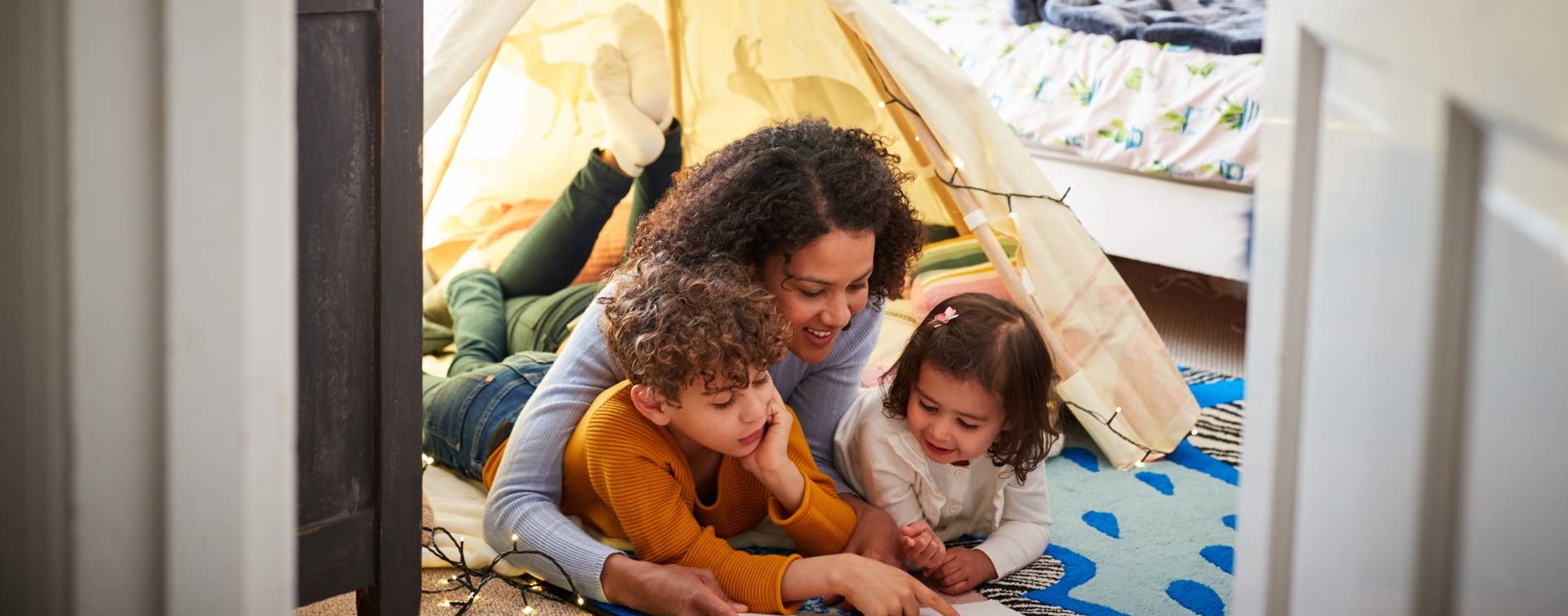While a divorce can be very difficult for adults, it can cause problems for any children in the mix. The psychological effects of child custody on children can be significant.
Understanding what impacts the different types of custody have on children can help you create a parenting plan that works best for your children.
Physical custody
Physical custody refers to which parent the child will live with and when. Many states are pursuing a 50/50 split in physical custody, allowing a child to spend equal amounts of time with each parent.
Legal custody
Legal custody allows one or both parents to make key decisions in the child’s life. This can include decisions dealing with education, religion, health care, and others.
Joint custody includes a schedule in which both parents have physical rights to their child. It doesn’t mean that the custody is split 50/50. However, it results in higher self-esteem and better emotional adjustments for the child. In addition, it typically results in family relationships that are positive.
Sole custody
This gives only one parent physical rights to the child. While visitation may be an option, it can also be used for the other end of the spectrum when one parent loses his or her rights to the child. Unfortunately, children who live with one parent often have lower self-esteem and more behavioral problems than children who spend time living with each parent.
So, each type of custody can have a significant effect on a child. It is up to the parents to work together to limit negative psychological effects on the child. If you are unsure of what type of custody arrangement will work best in your case, an attorney can help by providing you with more information.
Source: Livestrong, “Child Custody Schedules & Their Psychological Effects on Children,” Erica Loops, accessed July 28, 2017

